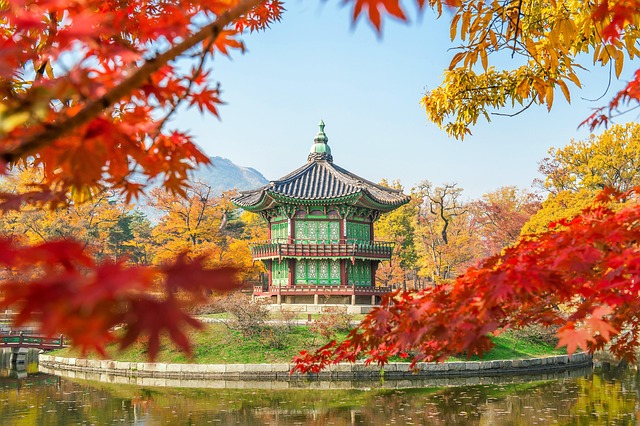Soil is the very foundation of our environment, a living entity that nourishes the plants we cherish, the wildlife we admire, and ultimately, ourselves. As we dive deeper into the 21st century, the need for effective soil protection techniques has never been more critical. The intricate web of life that flourishes in the soil directly impacts our ecosystems, making it imperative that we adopt eco-friendly practices to protect it.
One of the simplest yet most profound ways to enhance the health of our soil is by embracing organic gardening techniques. This approach goes beyond merely avoiding synthetic fertilizers and pesticides; it is about creating a symbiotic relationship with nature. By using natural compost, garden waste, and green manures, we not only enrich the soil but also promote biodiversity. Microorganisms thrive in such an environment, enhancing soil structure and fertility.
Cover cropping is another essential practice that contributes to effective soil protection. By planting cover crops during off-seasons, we prevent soil erosion, suppress weeds, and improve soil organic matter. Leguminous plants, such as clover or vetch, fix nitrogen in the soil, providing a natural nutrient boost for subsequent crops. This harmony with nature is a prime example of green practices that pay dividends in maintaining a healthy ecosystem.
Moreover, permaculture offers a holistic approach to gardening and land use, emphasizing the stewardship of the land. By mimicking natural ecosystems, permaculture systems reduce waste, conserve water, and maintain soil integrity. Techniques like agroforestry not only protect the soil but also maximize productivity, ensuring that nature thrives alongside cultivation.
As we engage with our gardens or wild spaces, it is vital to consider the impact of our actions. Practices like no-till farming can significantly reduce soil disturbance, allowing native flora and fauna to re-establish. The absence of harmful chemicals empowers earthworms and beneficial insects, which are crucial for soil health. These green methods foster resilience against climate change, ensuring that our natural habitats can withstand future challenges.
Additionally, community gardens are blossoming across urban landscapes, showcasing how collective action can lead to substantial soil protection. Not only do they create green spaces that filter pollutants, but they also bring neighbors together, fostering a sense of camaraderie and shared responsibility for our environment. These communal efforts are a testament to the impact small actions can yield when guided by love for nature.
In a world where industrial agriculture often prioritizes short-term gains, returning to eco-friendly practices can seem revolutionary. However, it is through these age-old techniques—rooted in our relationship with the earth—that we can ensure a sustainable future for generations to come. Gardening with an eco-conscious mindset not only enhances our individual connection to the earth but also plays a vital role in the collective conservation of our planet’s health.
By actively participating in soil protection initiatives, whether through mindfulness in our gardening habits or community involvement, we tread a path that honors the intricate balance of life. Nature’s roots run deep, and it is our responsibility to ensure that they remain nourished and protected for the flourishing ecosystems of tomorrow.




